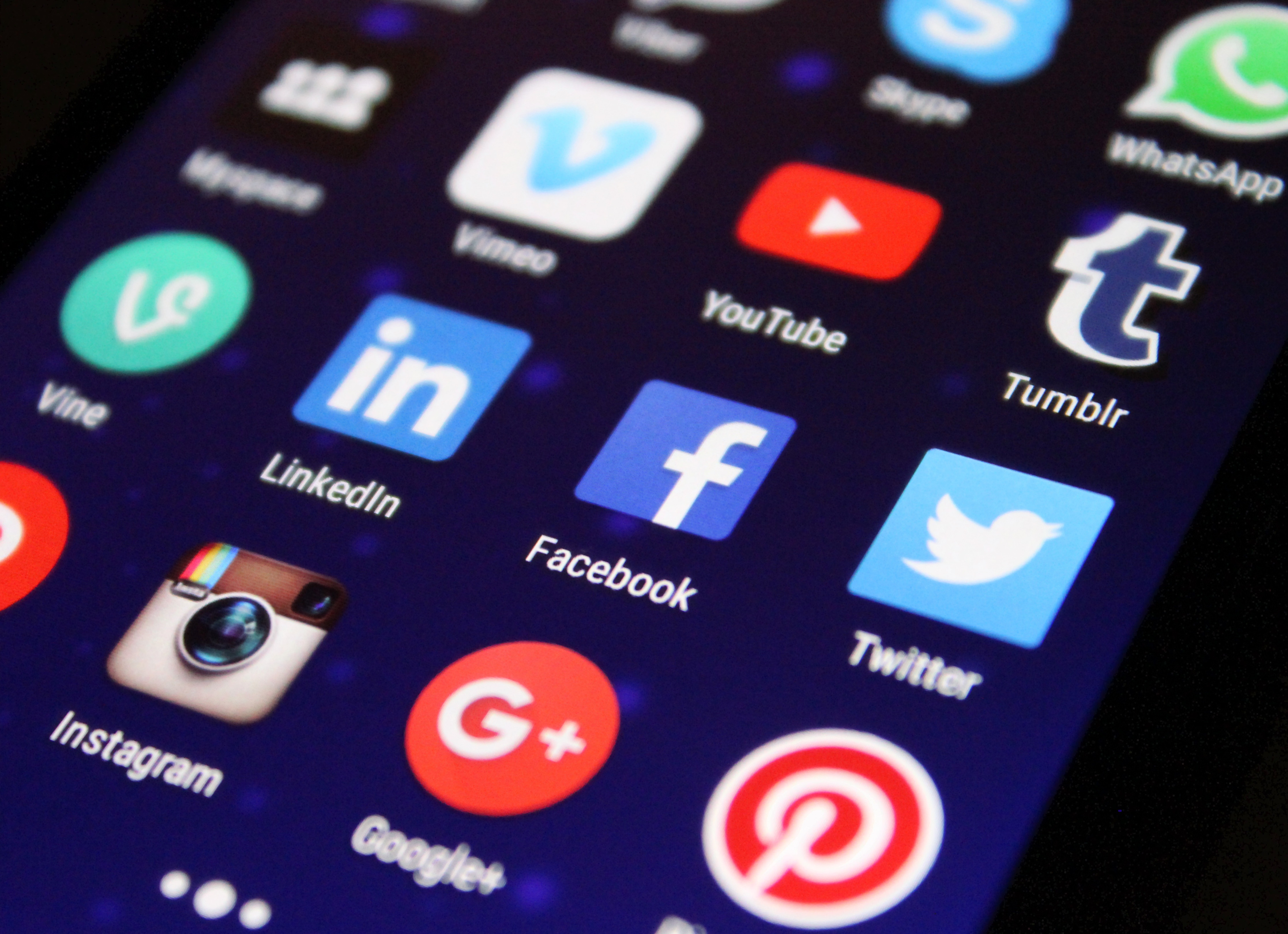
Former Google CEO Eric Schmidt recently released an opinion piece where he presented a "six-point" plan to combat misinformation. Some of Schmidt's ideas include blocking VPNs and "authenticating" users of all social media accounts.
He also warned that U.S. legislators, regulators and tech companies must listen to his recommendations "before it's too late."
Schmidt's piece, which was published by the MIT Technology Review, warned that the upcoming year will be one of "seismic" political shifts. He added that the 2024 U.S. presidential election could be "the biggest election year in history," with democracies "facing a historic test worldwide."
While he mentions other elections to be held across the globe, it is the presidential election in the U.S. that really worries him. (Related: White House forced YouTube to censor COVID-19 "misinformation," internal documents reveal.)
According to Schmidt, the public must be wary of the specter of "disinformation," which he sees everywhere in the contest of elections. Technology-wise, Schmidt talked about the trouble with artificial intelligence (AI) and social media.
Monitoring and censoring people under the guise of fighting misinformation
In his article, Schmidt detailed his suggestions in policy-making.
Schmidt said social media users must be verified and authenticated as humans so they can be "held accountable" by both the platforms and the authorities. His tone is cautious and he added that this doesn't mean "divulging" people's identities.
At least, not to everybody. There might be exceptions, such as when social media platforms are violated and if law enforcement requires it if any laws are violated.
Schmidt also claimed that these platforms should be turned into all-seeing eyes by knowing every source. He explained that knowing the source of the content and the time it entered the network can improve trust and safety.
He warned that even if VPN traffic may deter detection, "platforms can step up efforts to improve identification of VPNs."
As Schmidt warned about deepfakes, he brought up President Joe Biden’s AI executive order. He encouraged the identification of deepfakes, which can bring up fears of censorship of memes or parody content.
Schmidt said one way for platforms to start doing this is to scan an existing database of images and tell the user if an image has no history, such as what Google Images is doing.
AI systems can be trained to detect the signatures of deepfakes, using large sets of "truthful images contrasted with images labeled as fake." Software like this can allegedly help users confirm if an image has a high likelihood of being a deepfake, similar to the "spam risk" a user gets on their phone when calls come in from certain numbers.
Schmidt also said companies should "filter advertisers" by sharing a list of trusted advertisers across platforms.
He also claimed that manpower can help prevent "misinformation." But while real humans can help, Schmidt said there will still be mistakes, and some untrustworthy content can get past the protections.
He cited Wikipedia as an example of how "misinformation" can be policed by humans who follow "clear and highly detailed content rules."
According to Schmidt, social media companies must also publish quality rules for content and implement them by equipping their trust and safety teams and potentially expanding those teams by providing tools to volunteers.
Schmidt suggested that it remains to be seen how humans can prevent AI-generated material from chatbots, but the task will be less discouraging if trained AI systems are enforced to detect and filter out such content.
Finally, Schmidt claimed that "research" should have more funding.
He said that for all the measures to "work at scale," long-term engagement should start now.
"My philanthropic group is working to help create free, open-source testing frameworks for many AI trust and safety groups," concluded Schmidt, revealing his true intentions for preventing "misinformation."
Watch the video below about how censorship dictatorship could become a reality by 2024.
This video is from the Mike Martins Channel channel on Brighteon.com.
More related stories:
UNESCO releases "guidelines" for regulating all content online.
Sources include:
Please contact us for more information.















